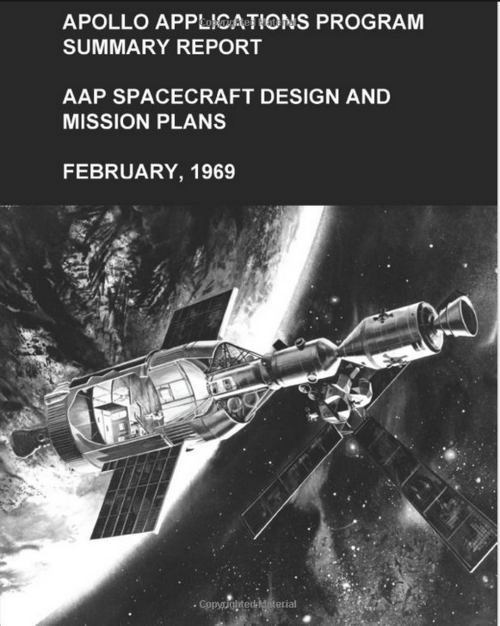It's complicated... colonization is not within NASA charter - only exploration. So Apollo and Mars would qualify.
But NASA is doing it with robots, because it's cheaper and less risky.
As for manned spaceflight... it essentially boils between "NASA & exploration & taxpayer money"
versus
"private companies & colonization - but what business case then ?" Mars and Moon have no interesting resources to offer.
Musk seems to have decided to go to Mars nonetheless.
He can afford it: he has $200 billion in revenues, plus Tesla = cash cow, SpaceX = cash cow and Starlink = cash cow to feed his Mars program.
It is a bit "Great man theory" except applied to the space program rather than history.

 en.wikipedia.org
en.wikipedia.org
But NASA is doing it with robots, because it's cheaper and less risky.
As for manned spaceflight... it essentially boils between "NASA & exploration & taxpayer money"
versus
"private companies & colonization - but what business case then ?" Mars and Moon have no interesting resources to offer.
Musk seems to have decided to go to Mars nonetheless.
He can afford it: he has $200 billion in revenues, plus Tesla = cash cow, SpaceX = cash cow and Starlink = cash cow to feed his Mars program.
It is a bit "Great man theory" except applied to the space program rather than history.





